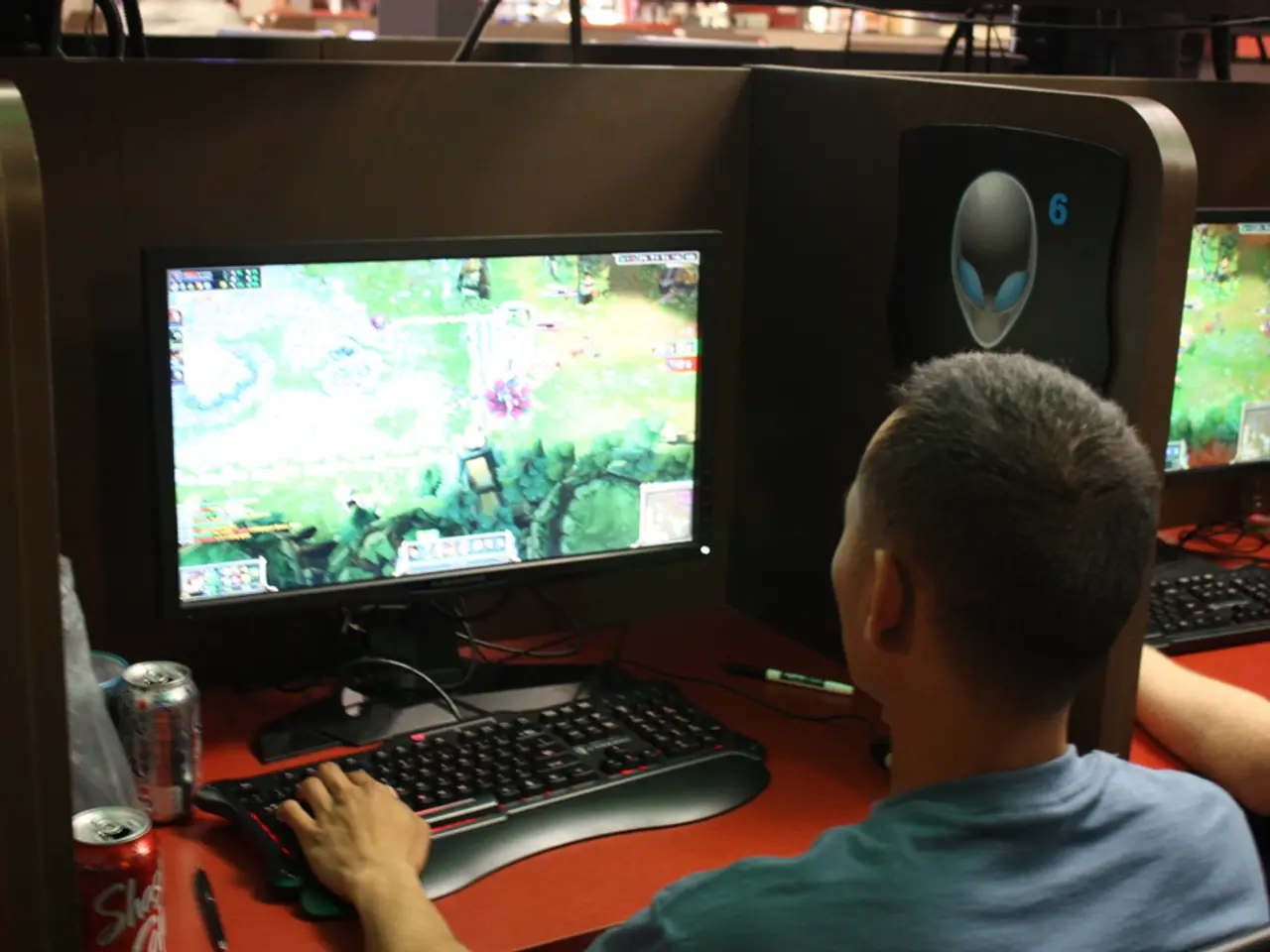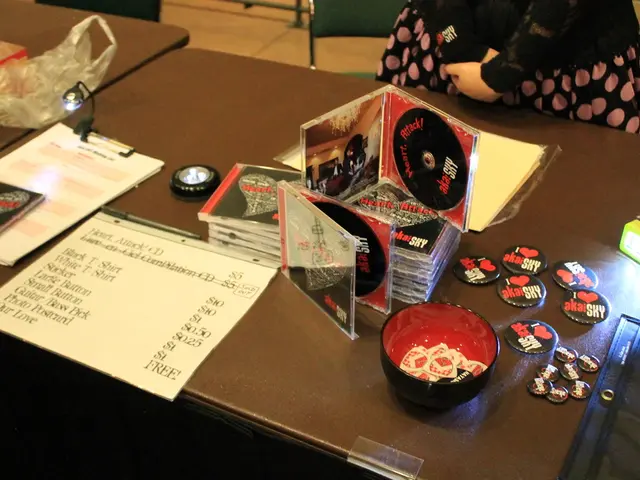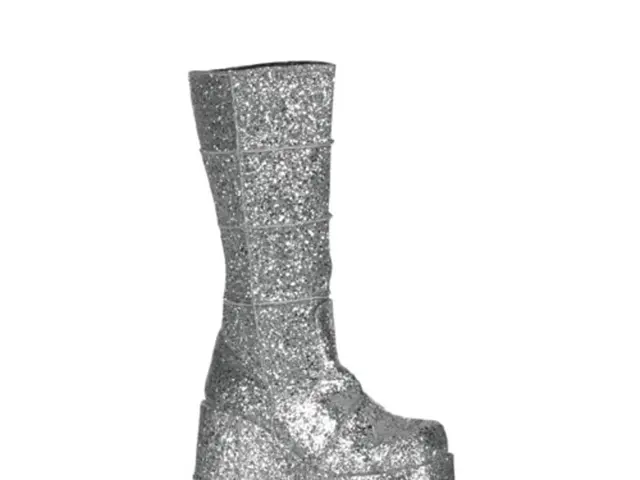Strategies for Safeguarding Your Private Data During Digital Gaming Sessions
Protecting Your Privacy While Gaming Online
In the digital age, safeguarding personal information is crucial, especially when gaming online. Here are some key methods and precautions to ensure your privacy and security while enjoying your favourite games.
Use Strong, Unique Passwords and Two-Factor Authentication (2FA)
Creating complex passwords combining letters, numbers, and symbols, and avoiding easily guessable details, is the first step in securing your account. Using password managers to keep track of these passwords securely is highly recommended. Enabling 2FA adds an extra verification step, significantly reducing the risk of account hacking.
Beware of Phishing Attempts and Suspicious Links
Avoid clicking on unverified or unsolicited links, messages, or emails that may appear to be from reputable sources but are actually designed to steal credentials or install malware. Always verify the sender and site authenticity before entering sensitive data.
Regularly Update Software and Gaming Clients
Keeping your gaming platforms, operating system, and antivirus software up to date ensures they have the latest security patches, reducing vulnerabilities to cyberattacks.
Configure and Audit Privacy Settings
Review and adjust your privacy controls on gaming platforms and apps regarding what information is shared and who can view your profile. Periodically audit and remove unused apps or accounts to limit data exposure.
Use Secure Network Connections
Prefer gaming over secure, private networks such as trusted Wi-Fi or wired connections rather than public Wi-Fi, which can be vulnerable to interception by attackers.
Limit Personal Information Sharing Within the Game
Avoid sharing real-life data like full names, addresses, or financial details in chats or profiles. Use in-game avatars or nicknames rather than real personal identifiers.
Backup Important Data
Maintain copies of your game data and any relevant personal files using methods like cloud backups or external drives, so you can recover your information in case of ransomware or device failure.
Be Cautious with Community Features and Player Supervision
Some games allow player reporting and spectator modes; be aware these can sometimes be abused to gather information about you. Use in-game reporting tools responsibly and understand how the game monitors behaviour, but don't share sensitive info with other players.
Avoid Linking Accounts with Identical Usernames
Avoid adding numbers at the end of your throwaway usernames for different platforms as it does not adequately separate your accounts and can still potentially link them.
Use a Privacy-Focused Search Engine
Using a privacy-focused search engine can help limit the collection and use of personal data, providing an additional layer of privacy protection.
Having a Separate, Dedicated Gaming-Only Email
Having a separate, dedicated gaming-only email can help reduce the risk of identity leaks if a gaming site gets breached.
By implementing these steps, you create a layered defense that protects your identity, account security, and privacy while gaming online. Vigilance, prudence, and a proactive approach to privacy are essential in the digital world.
In the realm of cybersecurity, particularly while gaming online, it's pivotal to employ strong, unique passwords and two-factor authentication (2FA) to secure one's account. (Use Strong, Unique Passwords and Two-Factor Authentication (2FA))
To further enhance privacy, consider using a privacy-focused search engine and having a separate, dedicated gaming-only email. (Use a Privacy-Focused Search Engine, Having a Separate, Dedicated Gaming-Only Email)






